Showing 1-15 of 25 results
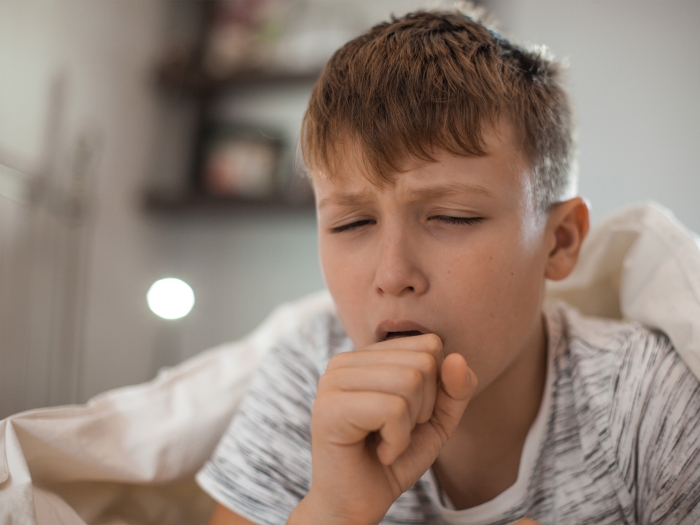
Health Lab
Cases of a bacterial lung infection known as whooping cough, or pertussis, have been on the rise, with more than double the number of cases compared to last year.

Health Lab
An expert shares more about back to school seasonal viruses, such as parvovirus B19, RSV, flu and COVID.
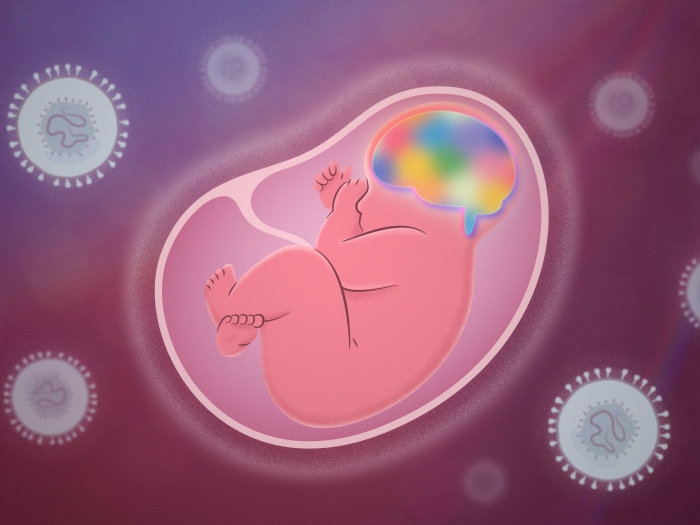
Health Lab
Children who contracted a viral infection known as congenital cytomegalovirus in utero may be nearly two and half times more likely to be diagnosed with autism, a study suggests.
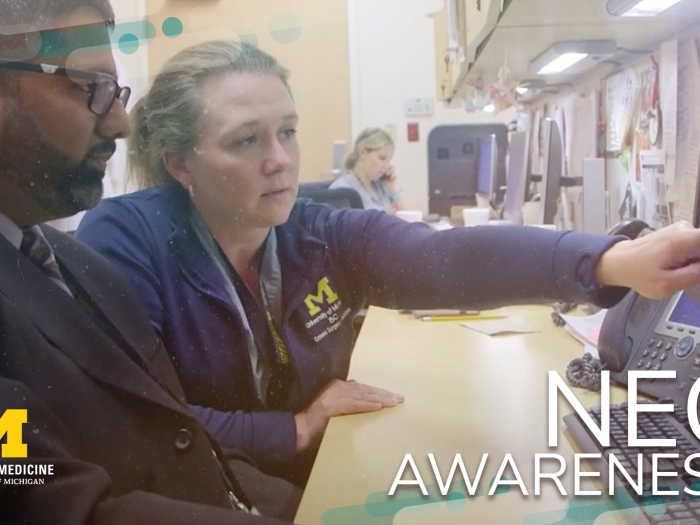
Health Lab
A pediatric surgeon answers questions about necrotizing enterocolitis—a dangerous intestinal disease that primarily affects premature and vulnerable infants

Health Lab
The FDA approved the use of a therapeutic device invented and developed at the University of Michigan for use in children with acute kidney injury and sepsis or a septic condition requiring continuous kidney replacement therapy.

Health Lab
Measles: 10 things to know about immunization and prevention

Health Lab
Sudden cardiac arrest in young athletes: 5 things parents should know

Health Lab
Researchers at Michigan Medicine developed an AI-driven algorithm that accurately predicts death and complications after PCI — which could emerge as a tool for clinicians as they determine treatment for blocked heart arteries.

Health Lab
Little girl adopts dog with same heart condition as her, finding support in her canine friend.

Health Lab
Kyle and Kaylee Berner are enjoying making memories with their baby, Bennett, outside hospital walls. Courtesy of the Berners
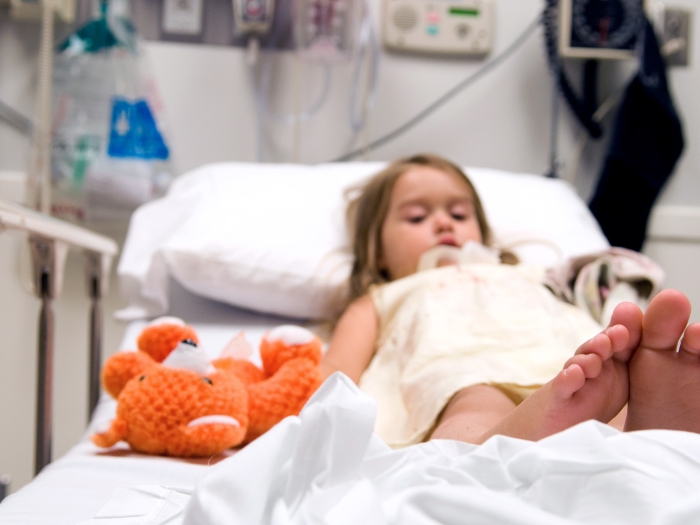
Health Lab
Focusing on the ‘tripledemic’ of RSV, flu and COVID-19 infections that occurred last year, their results underscore the importance of all types of hospital emergency departments being prepared to care for sick children, especially when health systems become strained.

Health Lab
Winter surges in infectious diseases can ruin holidays, but vaccination against COVID-19, flu, RSV, whooping cough and pneumonia can help.

Health Lab
Michigan Medicine researchers have found that growing bacteria on agar mixed with organs is an efficient and effective way to study infectious pathogens.
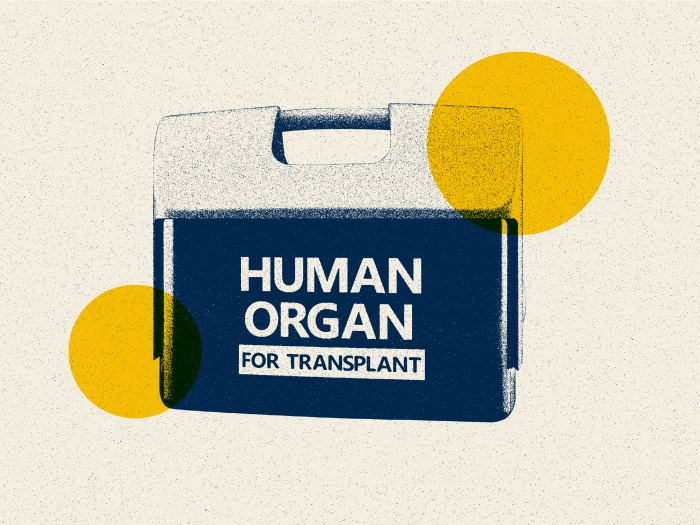
Health Lab
Patients who experience this condition following the Fontan continue to have a high risk of death from the time they’re waitlisted for a new heart through receiving the transplant, according to a 20-center study led by Michigan Medicine. And one specific complication called cyanosis – or experiencing less than normal oxygen blood levels – was associated with worsened survival.